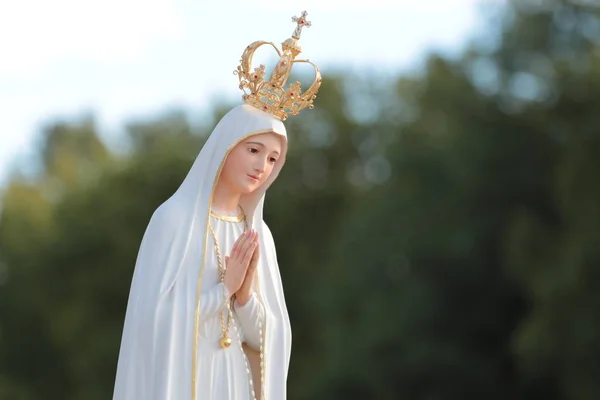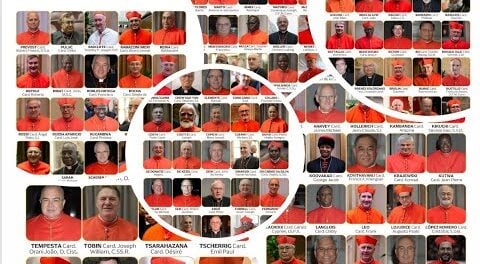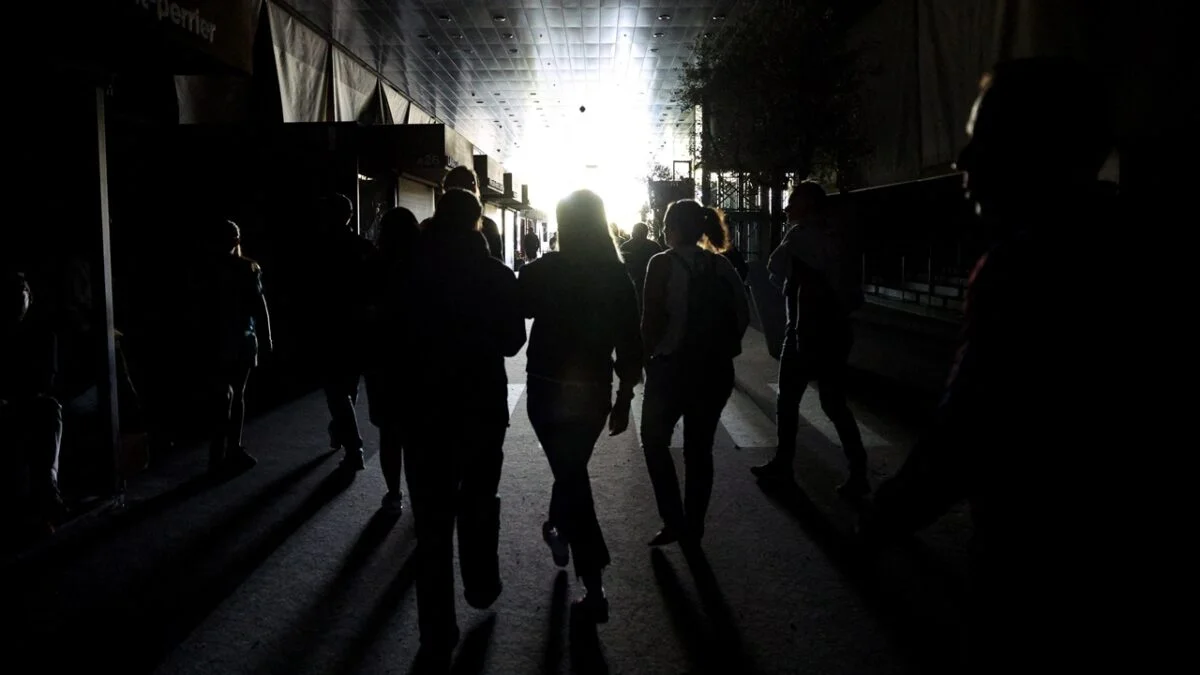The name “posadas” derives from a Spanish word for lodging; it reminds us not only of Mary and Joseph’s search for lodging, but also of Jesus’ desire to enter into our lives today. The devotion has its roots in religious plays common in Europe during the Middle Ages; it has been popular in Mexico for at least 400 years and is believed to have been introduced to the indigenous population by Franciscan missionaries from Spain. The devotion is widespread among both Catholic and Protestant communities in Mexico and Latin America and among Hispanic immigrants in the United States.
History of Las Posadas
Now a widely-celebrated tradition throughout Latin America, there is evidence that Las Posadas originated in colonial Mexico. The Augustinian friars of San Agustin de Acolman, near Mexico City, are believed to have organized the first posadas. In 1586, Friar Diego de Soria, the Augustinian prior, obtained a papal bull from Pope Sixtus V to celebrate what was called ‘Misas de Aguinaldo’ or ‘Christmas bonus masses’ between December 16 and 24.
The tradition seems to be one of many examples of how the Catholic religion in Mexico was adapted to make it easier for the indigenous people to understand and blend with their earlier beliefs. The Aztecs had a tradition of honoring their god Huitzilopochtli at the same time of year, coinciding with the winter solstice.
The Posada celebrations were originally held in the church but the custom spread. Later it was celebrated in haciendas, and then in family homes, gradually taking the form of the celebration as it is now practiced by the time of the 19th century. Now, neighborhood committees often organize the posadas and a different family will offer to host the celebration each night. The other people in the neighborhood bring food, candy, and piñatas so that the costs of the party don’t fall only on the host family.
Adults, including musicians, follow the procession, which visits selected homes and asks for lodging for Joseph and Mary. Traditionally, the procession is always refused lodging, though the hosts often provide refreshments. At each stop, passages of scripture are read and Christmas carols are sung.
Mass is held each day after the procession and, after the service, children break open piñatas filled with candy, toys, and occasionally money. The piñatas are usually crafted in the form of a star, which is said to have guided the three wise men of Biblical tradition to the newborn Jesus.
How To Celebrate Las Posadas
Make star-shaped piñatas
Las Posadas is a great event that can be celebrated by adults and children alike! One of the most exciting elements of Las Posadas is the star-shaped piñatas filled with candy and toys. Children often take turns to put on a blindfold and hit the piñata with a stick and once it breaks everyone will rush in to grab a handful of tasty treats. But you don’t have to be a child to hit the piñata, fill one for yourself and try it with family and friends who are Mexican or Catholic.
Attend a procession
Before each gathering, all the guests form a procession to mark Mary and Joseph’s search for an inn on the night of Jesus’s birth. The march is usually led by an angel, guiding Mary and Joseph to shelter, when they could not find one in Bethlehem. The participants will first hold candles and sing Christmas carols, and make their way to a particular home. A special song ‘La Canción Para Pedir Posada’ is sung, until the host agrees to let everyone inside. It’s a time of celebration but also a remembrance of Mary and Joseph’s miraculous journey.
Reflect and meditate
On each of the nine nights, a different quality will be meditated upon — humility, strength, detachment, charity, trust, justice, purity, joy, and generosity. Before indulging in delicious food and beverages such as tamales and ‘ponche’ or ‘atole,’ consider reflecting upon important spiritual qualities that help us become better humans, no matter what you believe in.
5 Amazing Facts About Las Posadas
The seven deadly sins
The star-shaped piñata children break apart has seven points that are meant to symbolize the seven deadly sins.
Rewards from heaven
The treats released from inside the piñata symbolize rewards from heaven, which are shared among guests in packages called ‘aguinaldos.’
Staying warm and cozy
To stay warm, guests are served ‘ponche’, an aromatic fruit punch that includes piloncillo, water, cinnamon, and fruits such as guavas, tejocotes, and oranges.
Mary’s birth symbolized
The ‘Novena’ — the nine days of Las Posadas — signifies the nine months Mary carried Jesus in her womb.
Songs of devotion
The songs that are sung at each home form a dialogue between the ‘Fuera,’ sung by the pilgrims, and ‘Dentro,’ sung by those playing the innkeepers.






Leave a Reply